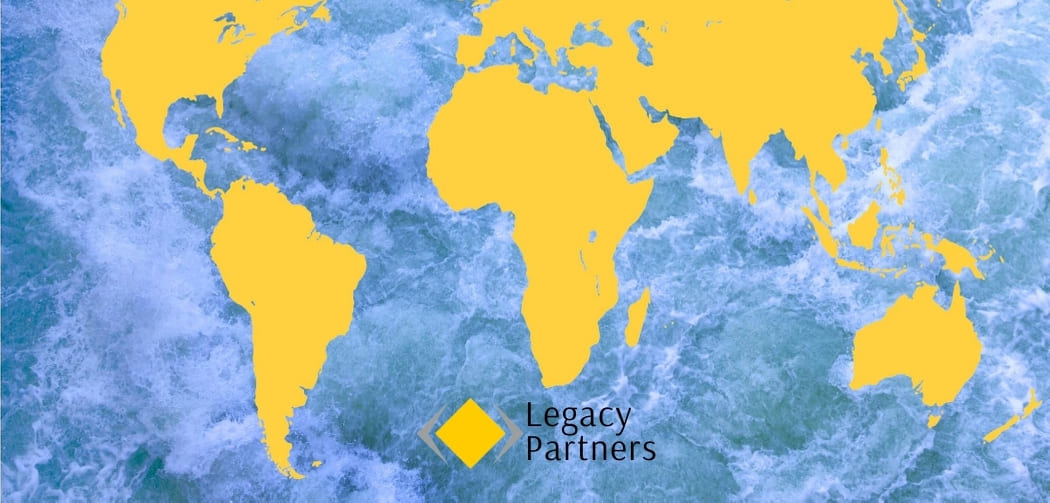
One of the most frequent questions we get from our clients is "How do I register my trademark globally? in today’s era of e-commerce and the emerging world as one global market, the relevance of International Trademark Registration gains immense importance. This article provides a one-time answer to the ways, process, functions and aspects of international trademark registration.
At first, contrary to popular belief, there isn't a single way to register your trademark in every country around the world. Each country has its own legal procedures, formalities and requirements for trademark registration. Though basic legal principals of trademark laws are universal, every individual country shall be reviewing your application and may approve it or refuse it based on their local legal framework. One exception to this rule is of the "European Trademark" that covers trademark registration in all the EU countries.
Benefits of International Trademark Registration
So how can you register Trademark Internationally?
To register your brand name internationally, there are two ways you can make your filings, one is the (a) Madrid Protocol System and the second one is by (b) Hiring a local Attorney in each individual country.
(a). The Madrid Protocol System
As many of us know, The Madrid Protocol is an international treaty designed to simplify the international trademark registration process. Using this system, registrants can complete a single application, in their home country and language, that can then be applied to over 122 member countries. This route paves the way for significant cost savings, fewer application steps, and filings become less burdensome. In short, modify, renew or expand your global trademark portfolio through one centralised system.
Rather than hiring a local attorney in each country, Under the Madrid System, a business owner can file a single application with the World Intellectual Property Organization ("WIPO") through the Trademark office of applicant's home country and check the box for each individual country in which registration is desired. The application then forwarded and gets submitted to all those different countries for their own individual review. If there is ever a refusal or objection for the trademark in a particular country, you will then have to find and hire a local counsel to deal with the objections.
The primary condition for obtaining Madrid protocol route for international application is that the home country of the applicant and the countries in which the applicant intends to apply for protection should also be the members of the Madrid Protocol treaty. For Indian applicants, the best news is India is a member of the Madrid treaty. But at the same time, it is to be noted that most of the middle-east countries are yet join this treaty except for few countries like Oman, Bahrain, Iran.
The Protocol has its own pros and cons. One of the vital benefits of filing through the Madrid Protocol is time and cost savings as you don't have to hire a local counsel to file for each individual application. However, it is still not a silver bullet solution to just getting the trademark everywhere you want. Certain countries often push back and issue initial objections and refusals— requiring the trademark applicant to hire a local counsel to respond to such objections or refusals.
That said, one of the major drawbacks of using the Madrid Protocol is that you have to base your international application on an application or registration in your home country. If, for any reason, the Trademark Office of the home country (presuming India is your "home country") denies your Indian trademark application that will lead to the refusal of all of those other applications that were filed around the world. So, your Madrid Protocol application is highly dependent on your home country (India) application registering and staying registered. In other words, it is highly advisable to get the registration in your home country first, then apply for registration internationally through the Madrid protocol.
(b). Hiring Local Counsel in each Individual Countries.
Because of the connection between your "home country" trademark application/registration and your applications through the Madrid Protocol, it can often be advantageous just to go and hire local counsel to file the applications in other countries. By this way, you are not tied to whatever happens to the application in your home country.
For example, if our firm completes a trademark availability search for an Indian based client that points to some risk for the Indian application, we may not want to use the Indian application as the basis for the filings in all the other countries. Instead, we suggest to the client that we engage local counsel in all the desired countries to make the trademark application filings directly in those countries (and not through the Protocol). Hiring a local counsel may be a little bit more expensive, but if something happens to the Indian trademark, we don't have to worry. The trademark application in the other countries won't be tied to the Indian application and will be reviewed on its own merits.
Conclusion
All legal registration requires careful, accurate, and well-researched actions on your part. It's always advisable that you consult with a trademark attorney in order to create a better chance of successful registration. It is pertinent to be well aware of the kinds of protections provided in each country where you own a trademark. It is highly recommended that a study is made on choosing the right attorney for your services. Our firm Legacy Partners is a full-fledged team comprising of many local counsels around the world catering to international Trademark Registration in completion.
If you have any further questions on trademark registration and proceedings, please feel free to reach out to us.
Email: legal@legacypartners.in
Mobile: +919567-444403, +919562-444403
© 2026 Business Consultant & Law Firm - Legacy Partners. All Rights Reserved.
Designed by Nuewelle Digital Solutions LLP

Legacy Partners
We typically reply in a few minutes